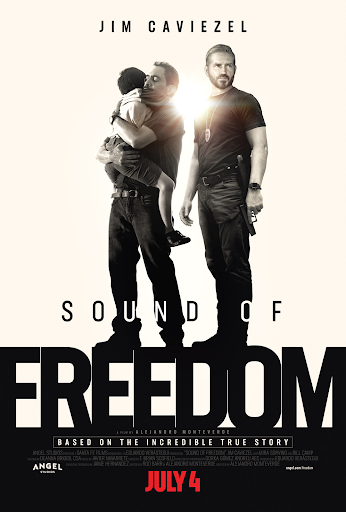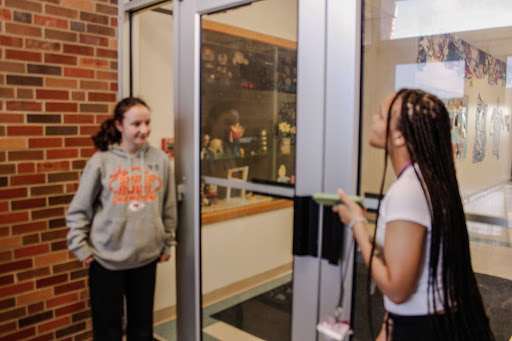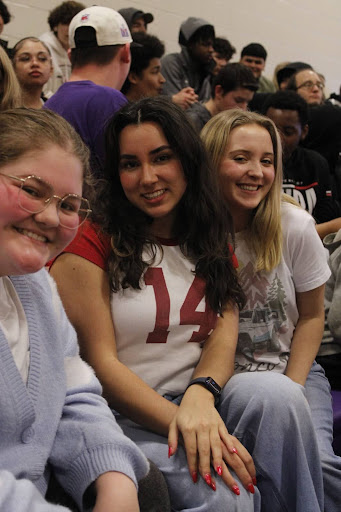Difficult Conversations
It’s sometimes hard to take an objective perspective on hard topics as a journalist. Journalism’s role is to be an unbiased source to help inform the decisions we make. And as a general rule, I can’t insert myself into a story.
That being said, I’ve realized along the way that while I can’t put myself into a story in the typical sense, I don’t need to write in 1st person to be involved. There are so many big issues that have arisen in the past year and I don’t always have answers to the questions they pose. Stories give me the chance to explore various opinions, and through those, find my own along the way. I found a way to insert myself into stories by pitching those stories, and by writing ones that I feel matter. Creating these stories allows me to spark important conversations and hear multiple points of view on relevant issues.
But it becomes difficult when you’re scrolling through a list of 17 faces and 17 obituaries. It becomes difficult as you watch footage of Nassar’s victims testifying. It becomes difficult when tears are falling and the reality of the situation hits you and sinks deep down in your stomach.
A couple of issues ago, I wrote a story in the midst of the Me Too movement. It sparked a lot of important conversation with family and friends. Through conversation, a close family member confided in me their experiences in dealing with sexual abuse and I was taken aback not only by their bravery, but also by the power journalism had to help spread awareness and stimulate difficult, but necessary, conversations.
Journalism is also about creating a connection to humanity in the rawest sense. It has the ability to take something that has become desensitized and make it human. Put you up close with the stories and truths. Media gave me an outlet not only to understand events, but to make a personal connection to them.
Stories have the power to stimulate conversation and change; as a student journalist, I feel that pull to make a difference through my writing.
The P&G runs on a schedule, but the world doesn’t, and as a newspaper staff we have to be able to quickly adapt and incorporate new information and stories. It’s not always easy to take these huge pivotal moments and cover them in a way that gives them the justice they deserve, especially on a time crunch.
This issue of the P&G confronts some difficult topics: Gun violence. Sibling abuse. Mass killings.
These are hard-hitting, gut-wrenching issues. Issues that aren’t always easy to face, but ones that deserve our attention. The truth is difficult. The truth hurts. And sometimes it’s hard to tell these stories. Get them right. But they’re there for a reason.
We need to start having these difficult conversations, or things aren’t going to be getting any easier.






